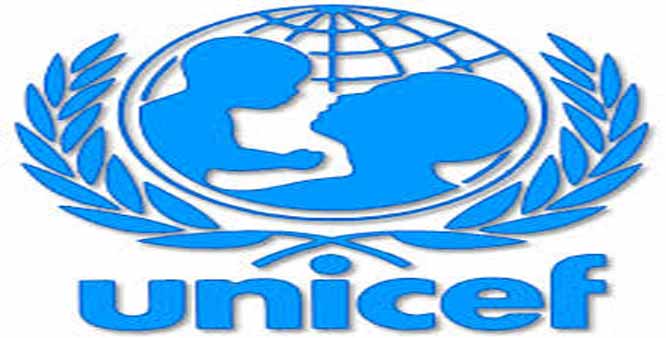By Peter Omopo | July 31, 2025
ABUJA — Nigeria has been ranked as the second most affected country by cholera outbreaks in West and Central Africa, according to the United Nations Children’s Fund (UNICEF). The agency raised concerns on Wednesday over the growing health crisis, particularly its impact on children across the region.
UNICEF’s Regional Director for West and Central Africa, Gilles Fagninou, disclosed that Nigeria had recorded 3,109 suspected cases of cholera and 86 related deaths across 34 states as of the end of June 2025.
“Cholera remains endemic in Nigeria, with the country experiencing recurrent major outbreaks in recent years,” Fagninou said. He noted that the figures place Nigeria just behind the Democratic Republic of the Congo (DRC), which has been hardest hit by the current wave of outbreaks.
The cholera epidemic, now sweeping through several countries in West and Central Africa, has triggered urgent concern for children, with UNICEF estimating that nearly 80,000 children in the region are at high risk as the rainy season intensifies.
According to Fagninou, the combination of heavy rainfall, widespread flooding, and displacement of vulnerable populations has significantly increased the risk of cholera transmission, placing millions of lives—particularly young children—in jeopardy.
“Cholera is an acute diarrhoeal infection caused by ingesting food or water contaminated with bacteria,” he explained. “It can be fatal within hours if untreated, though it is manageable with timely use of oral rehydration solutions and antibiotics.”
Children under five, he stressed, are especially at risk due to poor sanitation, limited access to clean water, and high susceptibility to dehydration.
Fagninou highlighted the scale of the crisis in the DRC, which has reported over 38,000 cases and 951 deaths in July alone. “Children under five now make up nearly 26 percent of cases in the DRC,” he said. “Without stronger containment measures, we could be facing the worst cholera crisis since 2017.”
Other countries facing ongoing outbreaks include Chad, Ghana, Côte d’Ivoire, Togo, and the Republic of Congo. Meanwhile, Niger, Liberia, Benin, the Central African Republic, and Cameroon remain under close surveillance due to their high vulnerability to the disease.
UNICEF has already delivered life-saving supplies—including health, water, sanitation, and hygiene (WASH) materials—to affected communities and has supported cholera vaccination campaigns. The agency also emphasized the importance of community engagement and early treatment to mitigate the spread.
“We are in a race against time,” Fagninou declared. “We are working hand in hand with national authorities to provide essential healthcare, safe drinking water, and adequate nutrition to children already at risk of deadly diseases and severe acute malnutrition.”
He added that UNICEF is intensifying its efforts to reach remote and underserved communities and ensure that no child is left behind in the regional response.
UNICEF is urgently appealing for $20 million in additional funding over the next three months to scale up its health, WASH, risk communication, and community outreach initiatives.

